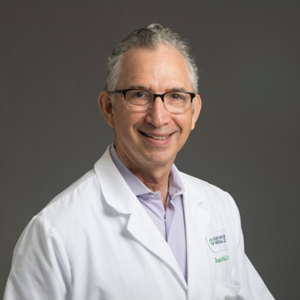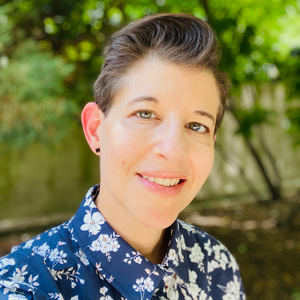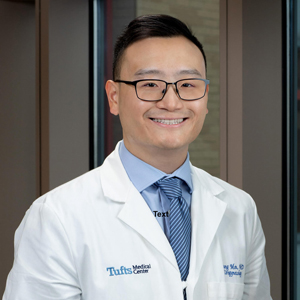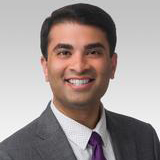5th Annual Health Equity Week
Register OnlineFeb. 24-28, 2025
A weeklong virtual educational opportunity with an in-person keynote event.
We are committed to providing high-quality, equitable care within an inclusive learning environment that values and supports all members of a diverse workforce. Through a carefully curated series of moderated sessions on a variety of topics, thought leaders and scholars from within and outside Northwestern share insights into the roots of healthcare disparities and facilitate discussions that inform and inspire innovative solutions.
Sessions
| Date (Times in CST) | Session (Hosted on Zoom Webinar) |
|---|---|
|
Monday, Feb. 24 *In-Person Only* |
In Person KeynoteBeyond the Death Gap: Scalable Solutions to Neighborhood Health Inequities
|
|
Tuesday, Feb. 25 *Virtual* |
Health Equity for Asian American Communities
|
|
Thursday, Feb. 27 *Virtual* |
A Practical Approach to EleVATE Reproductive Health Equity
|
|
Friday, Feb. 28 *Virtual* |
Advancing Health Equity through Community-Driven Research Partnerships: Perspectives from the Alliance for Research with Chicagoland Communities (ARCC)
Session Sponsored by the Office of Health Equity |
2025 Speakers

Star August Ali, CPM, LM, ASM, CD
Black Midwifery Collective

Rush University Medical Center

Alliance for Research in Chicagoland Communities (ARCC)

University of North Carolina at Chapel Hill

Darren B. Easterling Center for Restorative Practices

Tufts Medicine

Northwestern Medicine

Northwestern Medicine
Continuing Medical Education Credit
Target Audience: Everyone including Northwestern faculty, staff, residents, fellows, students and community members.
Objectives:
- Describe the social determinants of health including disparities as they apply to various disease processes and recognize their impact on adverse health outcomes.
- Identify the roots of mistrust, unconscious bias and stereotyping and the ways that these attitudes affect clinical encounters.
- Develop skills and demonstrate effective communication across cultures, languages and socioeconomic groups.
- Access existing health equity resources.
- Describe innovative solutions to health inequities and healthcare disparities.
Accreditation Statement: The Northwestern University Feinberg School of Medicine is accredited by the Accreditation Council for Continuing Medical Education (ACCME) to provide continuing medical education for physicians.
Credit Designation Statement: The Northwestern University Feinberg School of Medicine designates this live activity for a maximum of 4 AMA PRA Category 1 Credit(s)™. Physicians should claim only the credit commensurate with the extent of their participation in the activity.
American Board of Surgery Continuous Certification Program: Successful completion of this CME activity enables the learner to earn credit toward the CME requirement(s) of the American Board of Surgery’s Continuous Certification program. It is the CME activity provider's responsibility to submit learner completion information to ACCME for the purpose of granting ABS credit.
